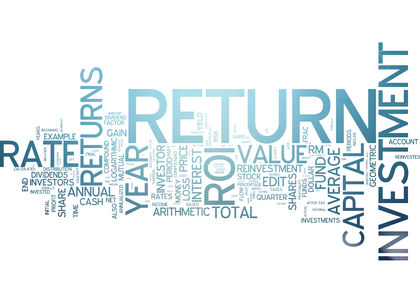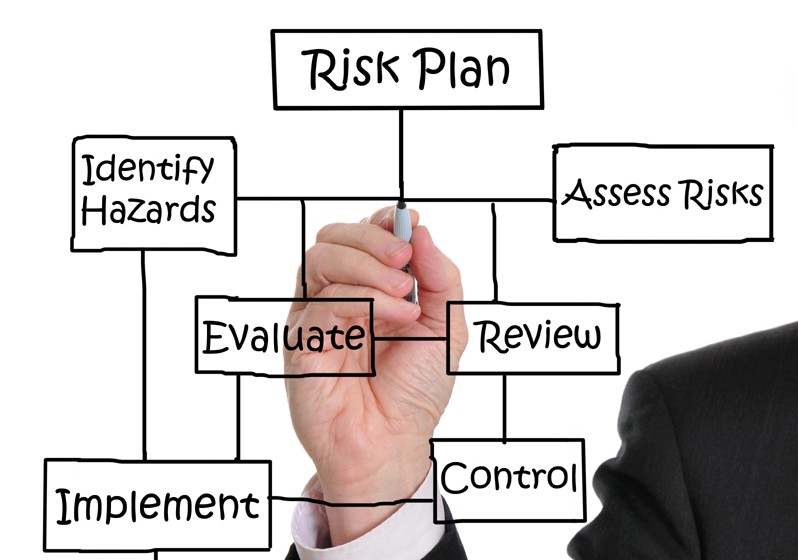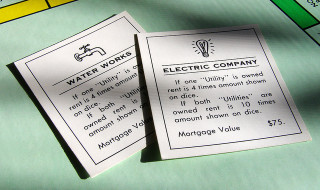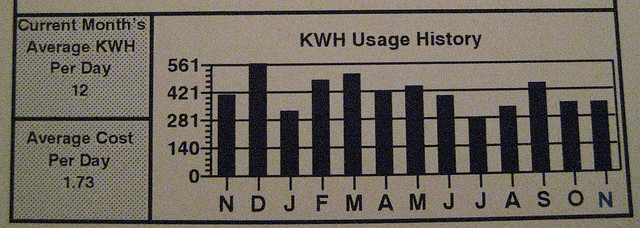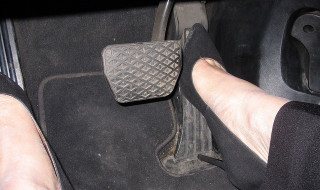It’s a boring topic, but when money is involved, is it still boring? I hope not! Investing is more than just buying and selling, it’s the art of handling risk and emotions. Having read through many blogs and seen many portfolios, there’s one similarity among all of them. They all have Portfolio Management. If the rich are doing it, there must be a compelling reason why they are doing it right? Having a good portfolio management can help enhance returns and reduce risk. Not everyone wants to have a portfolio that moves together all in the same direction, and not everyone realise that they may be having it. A good portfolio should comprise of several forms of assets and preferably in different industries because that way your risk will not be concentrated in a single industry. Yes, you may have a chance of making it big when the sector goes into a boom, just like the technology stocks prior to the .com bust. It is one thing to be overweight on an industry, but it is foolish to allow yourself to take on a risk that you may not be able to afford. The last thing you want to do when investing is to be wiped out completely. In this article, I wish to share using a top-down approach and gradually zoom in on how one can have a good Portfolio Management and avoid undertaking too much risk.
Portfolio Management
As mentioned, a good Portfolio would be one that can withstand years of market movements and still stand strong. The word ‘Diversification’ may come to your mind when Portfolio Management is mentioned. There tend to be a misconception about diversification, especially towards investors. To most investors, diversification simply means diversifying your money into different sectors of the market. This isn’t entirely wrong, and there are indeed benefits to diversifying into different sectors. However, may I present to you a broader view of what diversification means. Diversify into different asset classes. A truly good portfolio should be one that is invested into different asset classes – Stocks, Bonds, Commodities, Forex, Properties, etc.
Having a portfolio that is diversified into different asset classes will save you from having your hard-earned money from being wiped out in a black swan event. You can be sure that even if the stock market crashes, you still have other streams of income from your different asset classes like bonds or rental income from your residential properties (Note that REITs is still classified as stocks). Imagine if all your money were in just the stock market alone, perhaps even diversified into a few sectors. Your portfolio would have experienced a hard pounding and it served as a wake-up call for many who did not diversify across the different asset classes. That’s not to say that being diversified into different asset class will make you immune to any big worldwide crisis like this, but at least it mitigates the damage dealt.
Risk Management
In theory, everything sounds perfect. However, not everyone of us can afford the luxury to be invested in all the 5 asset classes mentioned. It would be nice to try to be as diversified as possible, but even if it’s just stocks, there’s another way to manage your risk. A part of portfolio management is Position Sizing. Always consider how much risk you are willing to take in a trade, preferably in dollar amount rather than in %.
Step 1: Consider the maximum loss(in $ amount) you’re willing to accept.
Step 2: Set a stop-loss level
Step 3: Calculate the capital exposure per unit (Entry price – Stop loss price)
Step 4: Maximum position size = Step 1 / Step 3
This formula can be found in Robert C Miner’s High Probability Trading Strategies book. If you’re interested, do head down to NLB to borrow because that’s where I got the book from! Although not everyone has the luxury to take up the maximum position size for every trade, it will still serve as a good gauge as to how much the maximum should be. This prevents you from over trading beyond your risk tolerance level. There are many strategies available and this is one of the strategies that I have found to have served me useful because I know exactly how many shares should I limit myself to. Hopefully you would re-look at your investment strategies and identify if you are carrying too much unnecessary risk.

